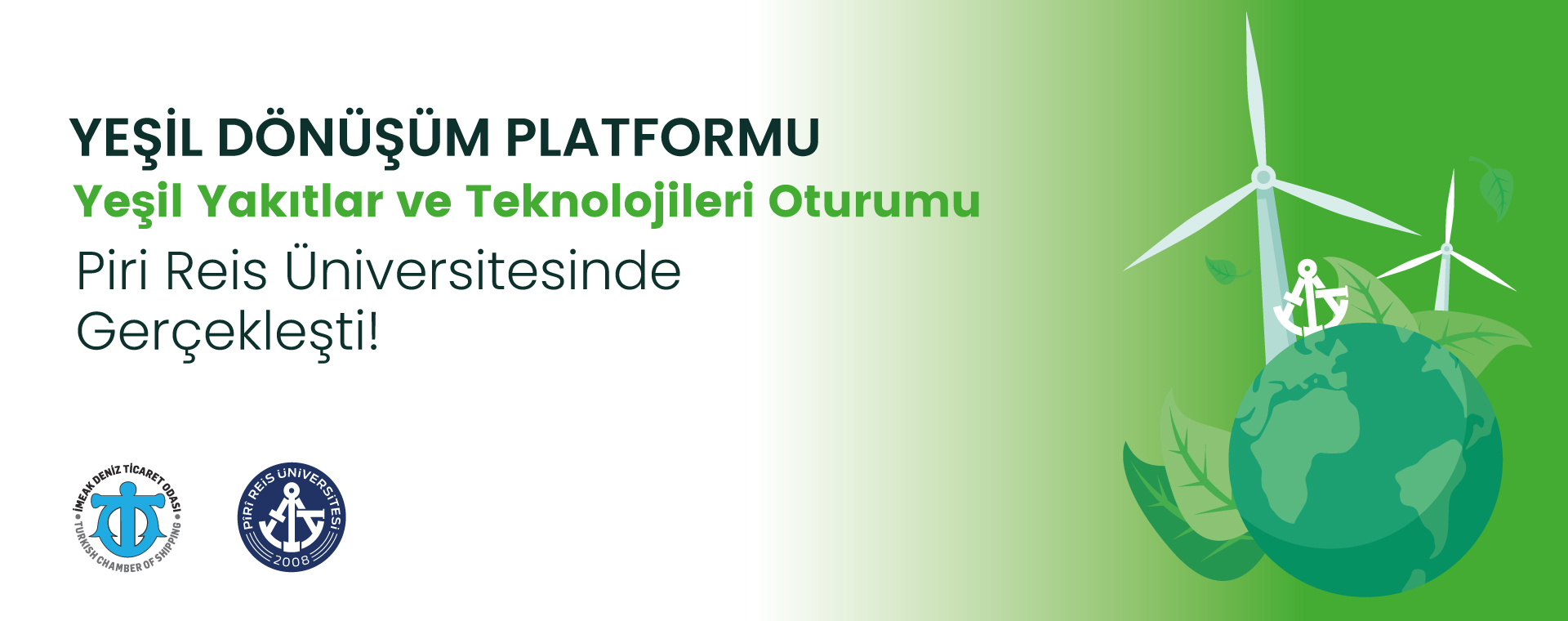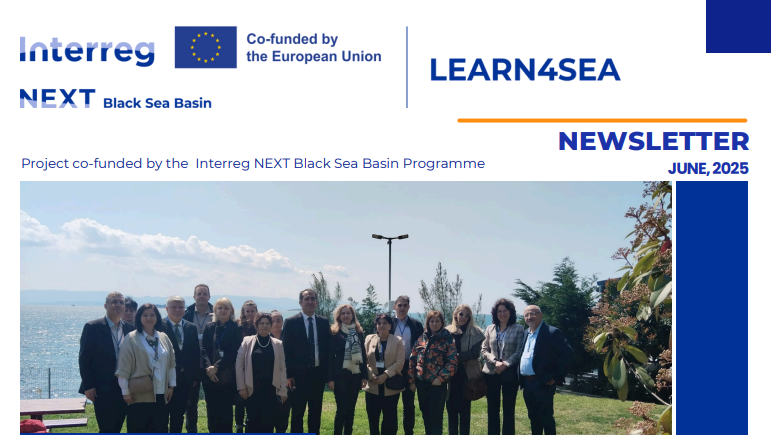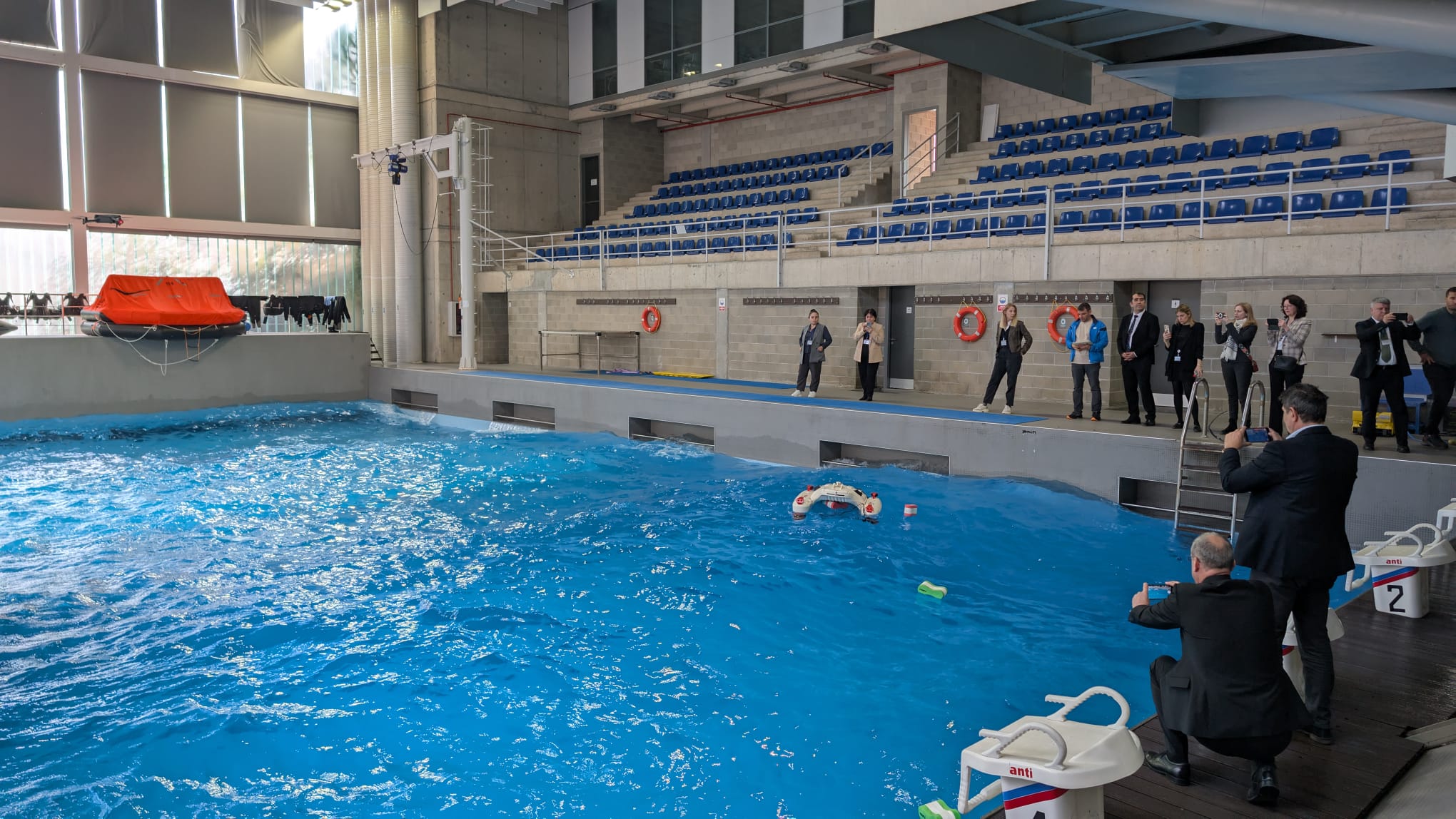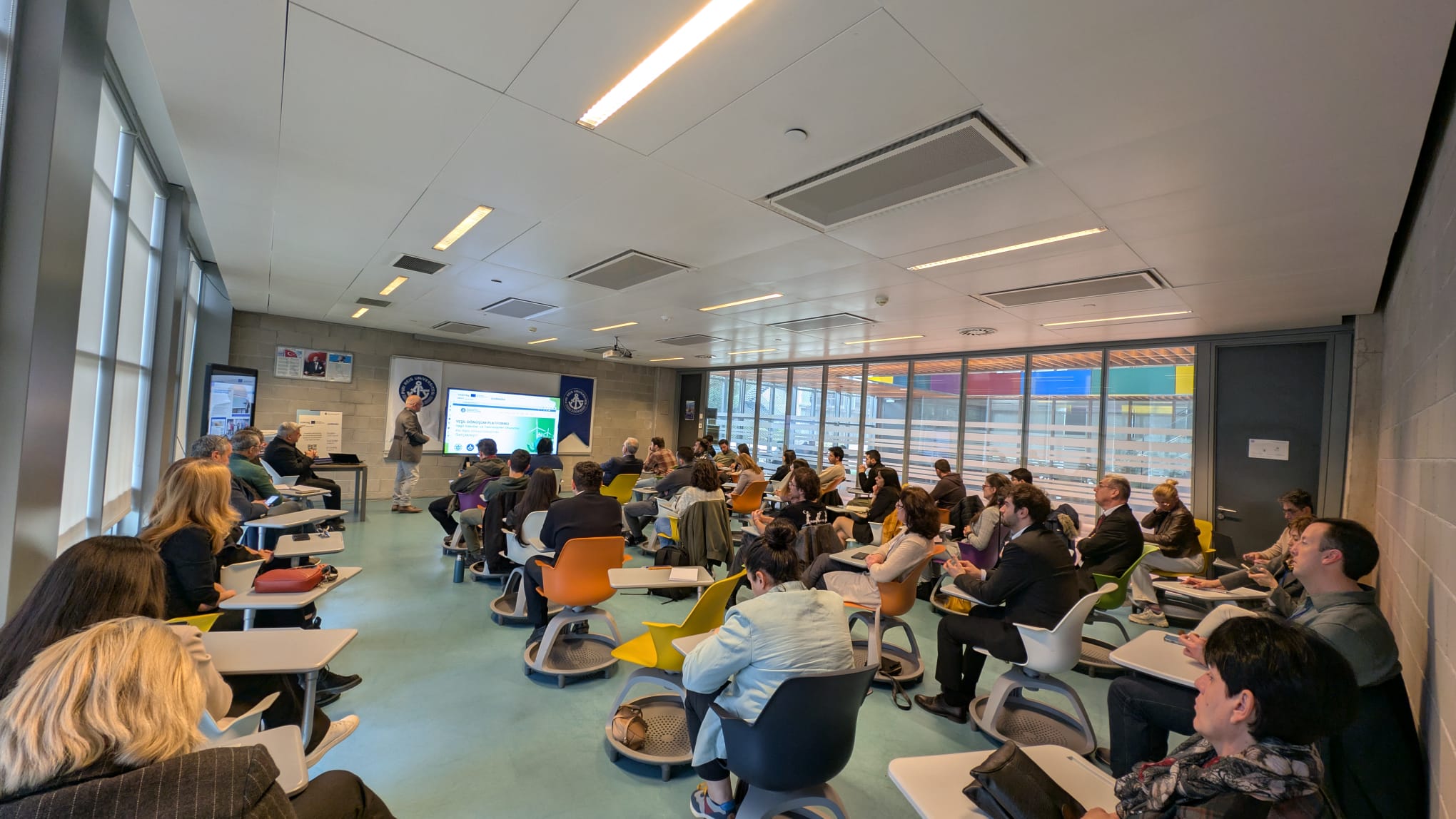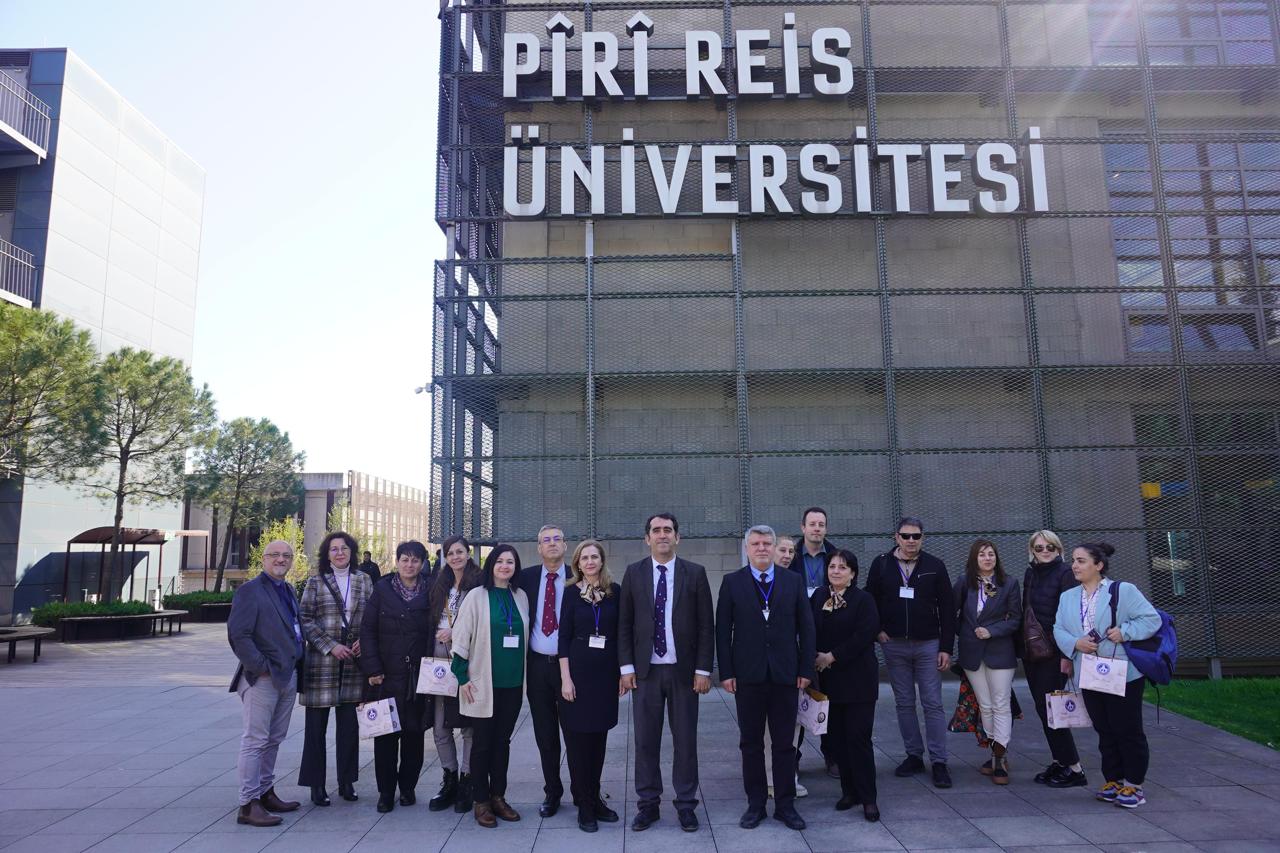News
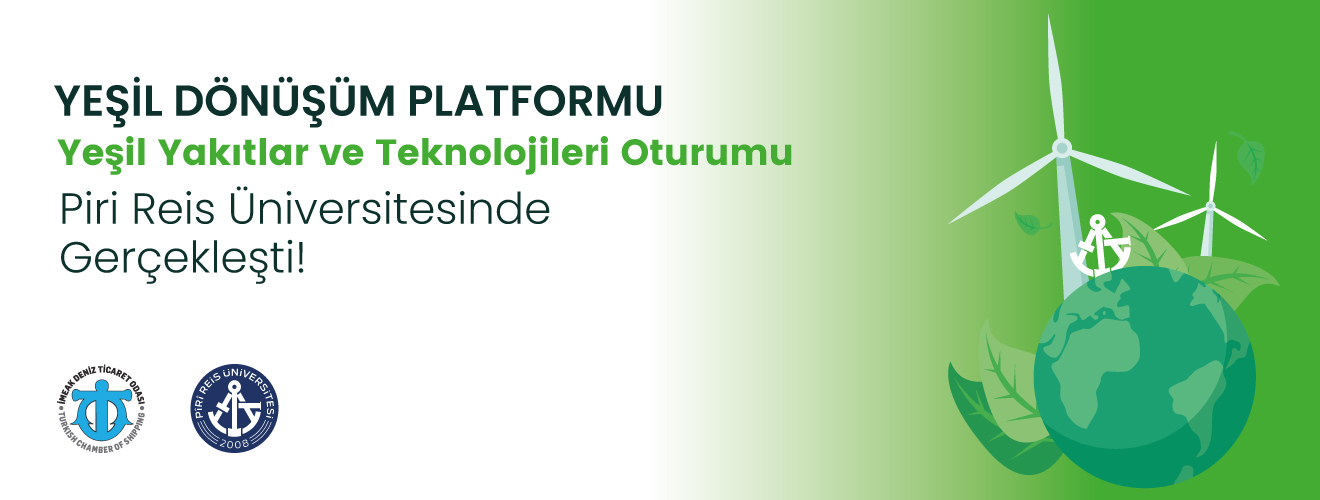
"GREEN FUELS AND TECHNOLOGIES SESSION", organized jointly with IMEAK Chamber of Shipping and Piri Reis University
31.01.2025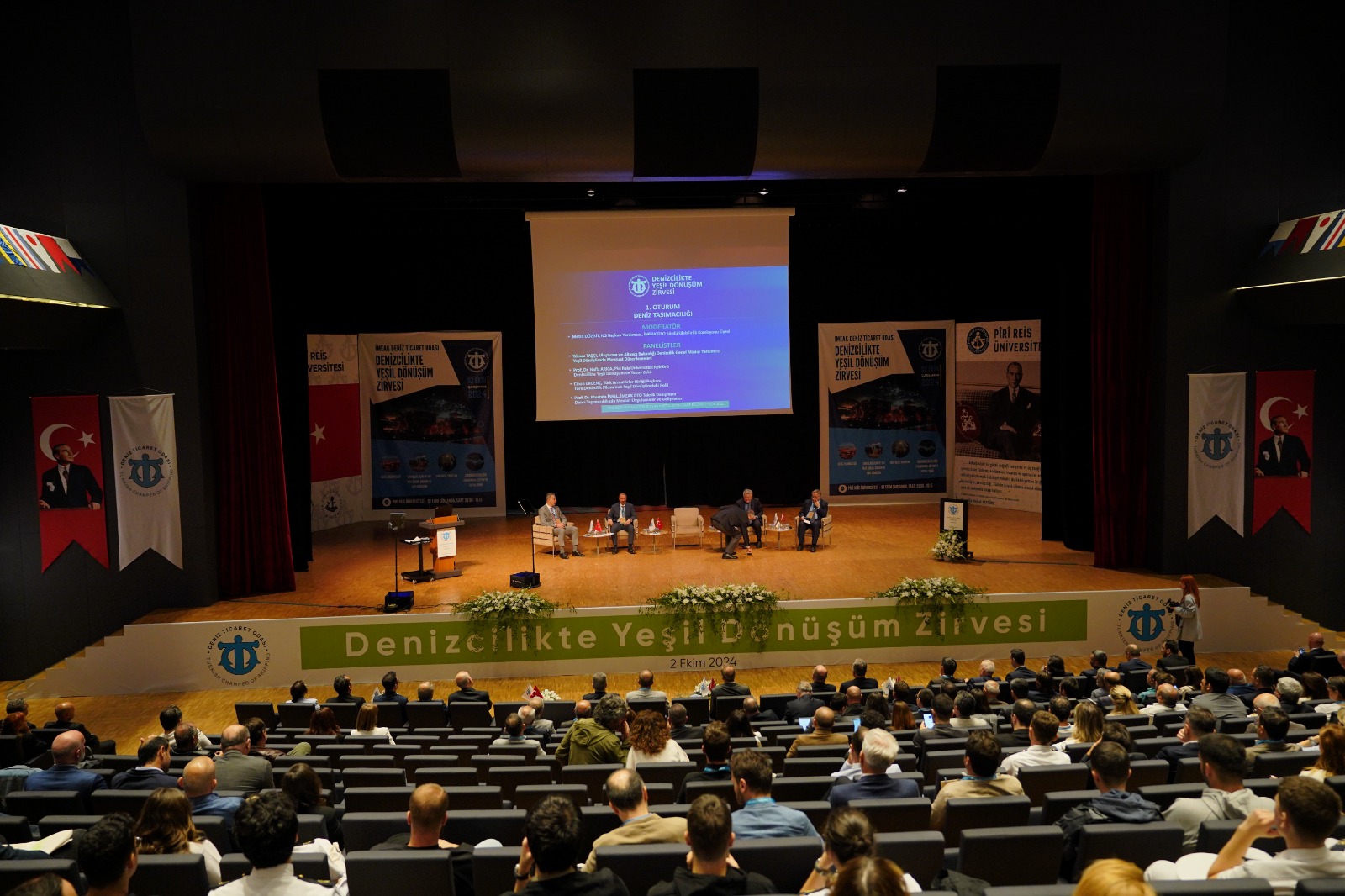
A green transformation summit in maritime was held under the leadership of IMEAK Chamber of Shipping.
18.01.2025Announcements
2024-25 ACADEMIC YEAR SPRING SEMESTER HORIZONTAL TRANSFER ANNOUNCEMENT
PİRİ REİS UNIVERSITY 2024-2025 ACADEMIC YEAR SPRING SEMESTER INTERNAL TRANSFER REGISTRATION PROCEDURES Applica...
Library Working Hours
Dear Students, Our library will be open between January 06 and January 16, 2025 at the hours specified below. ...
Research Center
PRUSAM (Piri Reis University Sustainability Research and Application Center), as a research center that carries out studies in line with sustainability and Net Zero targets, aims to develop innovative solutions in the fields of energy management, decarbonization and digitalization, especially in the maritime sector. The center conducts research on a wide range of topics, from sustainable port operations to sectoral digital transformation, and produces strategies to reduce environmental impacts and achieve sustainable development goals. PRUSAM aims to play an important role in the maritime and energy management of the future with its academic knowledge and sectoral collaborations in these fields.
Piri Reis Sustainability Application and Research Center is a leading center that supports developing strategies that move the world towards Net Zero goals and achieving the 2030 Sustainable Development Goals. This center, where innovative technologies, sustainable practices and effective solutions come together, is positioned as a prestigious innovation center that aims to respond to the social and environmental challenges of the future. It aims to be a pioneer of permanent changes by contributing to global sustainability efforts through scientific research and advanced studies.
See More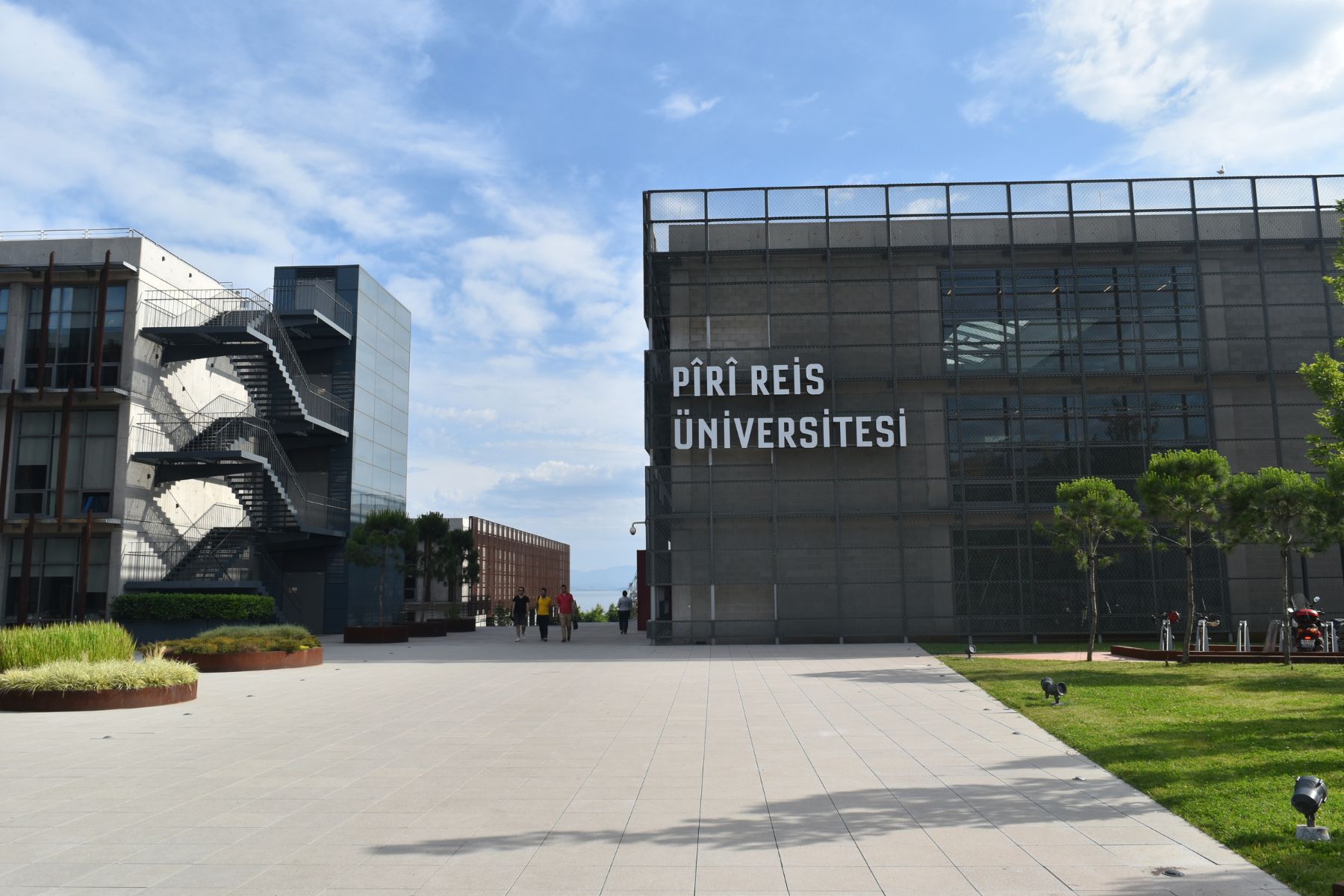
Research Areas
Our Sustainability Research and Application Center has many research areas. And you can find them in detail below.

Sectoral digitalization in maritime is realized through the integration of technologies such as automation, data analytics and artificial intelligence, which accelerate with Industry 4.0. While digital shipyards increase efficiency in shipbuilding processes, smart ships and autonomous systems aim to create a more sustainable and competitive industry by optimizing maritime operations.
Energy management in the maritime sector aims to reduce operational costs and reduce environmental impacts by optimizing fuel consumption. Energy efficiency is achieved through fuel-saving technologies and sustainable operational practices to minimize the carbon emissions of ships.
The net zero target in maritime is a visionary goal developed for sustainable development by minimizing carbon emissions. In this context, it is aimed to achieve a sustainable maritime transportation sector by increasing the use of renewable energy and energy efficiency.
Sustainability of ports aims to provide economic and social benefits while minimizing environmental impacts. Smart port technologies and digitalization also contribute to environmental sustainability by increasing operational efficiency.
Decarbonization in shipping is a strategy that aims to eliminate greenhouse gas emissions by reducing the use of fossil fuels in the sector.

